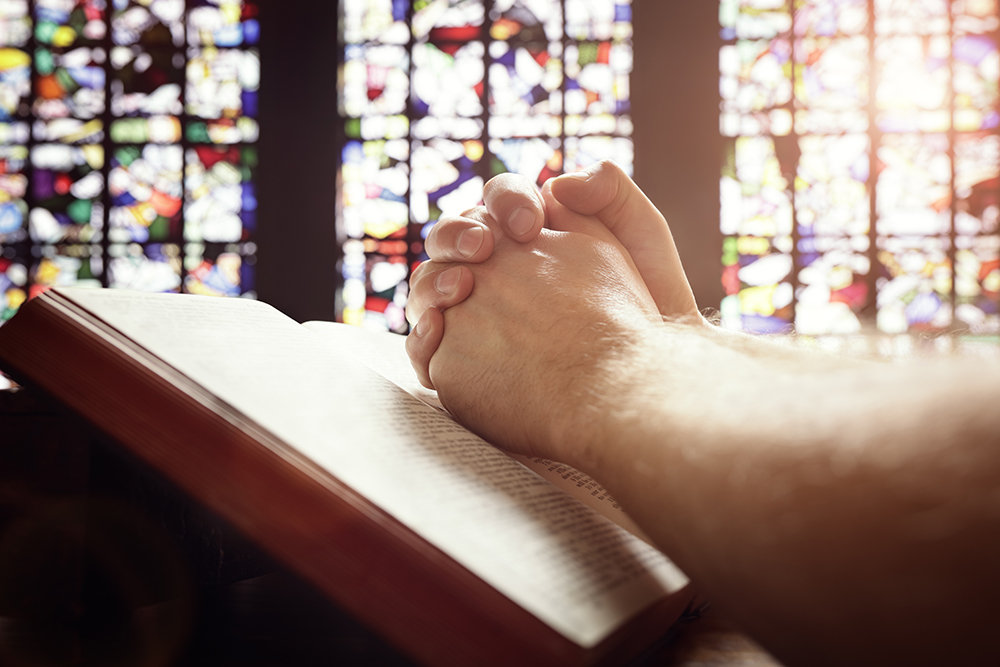While I’ve discussed several types of trusts and the benefits of establishing them for your family, there are a few parts missing. That part is the guardian and the trustee. A trust is only as strong as the person appointed to protect it and execute your wishes within the said trust. The trustee plays a critical role for your beneficiaries when you are no longer able to provide. The guardian plays a critical role in caring for your children. In this blog, I’m going to highlight guardians and trustees, while providing some insights to help you choose best. I hope you have too many options compared to too few options.
Picking Family First For A Guardian And Trustee
In today’s day and age, the family unit is very important—more so now than ever. I believe this because the average family is transforming drastically through dissolved marriages, fatherless children, technology, and mainstream media to name a few. It’s slowly degrading and is not at the level it once used to be.
When it comes to establishing a trust for your children and/or grandchildren, you want a strong sense of family. In the event of your untimely death, who would raise your children if you could not? Most likely, it would be your spouse and other family members. What if you and your spouse were both unavailable? A guardian is a stand-in parent who would look after your child or children’s best interests such as education, values, morals, ethics, health, and general upbringing.
In regard to upbringing, your children will naturally turn out like you because you raised them. In the event you and your spouse pass, who would be the next best parent? What sort of person would you want your children to become? Think about this when selecting your guardian(s).
No one wants to consider arguments in the courtroom or over a mediation. This is a very real possibility if communication is not open. Communication should be very open between you and your children as well as you and your spouse regarding trusts and the future. Explain in writing —as part of your estate—why you chose the people you chose for trustee and as guardian(s), especially if you are excluding family members. It’s a delicate topic and needs to be handled correctly—that means considering all possibilities.
The trustee often (and should be) different from guardian. Think about what can happen if you appoint the wrong person to be a trustee. Unfortunately, money has the power to change people so ensure your trustee is someone extremely stable and grounded.
Start With A List
You can begin your brainstorming process with both a guardian and trustee in mind. Both will have to have strong leadership qualities and be able to look over your child’s needs in addition to their own. Think of all the people you know and write their names down. A great starting point, ironically, is trust. Who on that list would you trust with your children? For anyone who does not make your trusted list, cross their names out and move on. Trust is such an important quality, it should be a simple yes or no answer. If you have to think about it, you don’t fully trust that person. Having partial trust or trusting them with only certain aspects does not count. They need to be wholesome in their life.
Your list should not be confined to only family. Although this may be a person’s only source worth considering, there is much more. Best friends, confidants, and mentors also have the potential to be candidates. Who in your life is grounded in education, upbringing, values, ethics, and/or health? Have any teachers or counselors made your list? This is just food for thought.
Love, Not Money
Focus on love, not money. Your trust and estate will be the wealth you’re passing onto your children. A guardian doesn’t necessarily need to have wealth. As I think outside of the box, you can cross paths using your trust and provide a portion of your wealth to an appointed guardian.
If creating a list is a challenge, don’t sweat it. Ask yourself some of the following questions as a memory jogger, for the person or people you’re considering.
- In 5 words, how would you describe that person? Are all 5 words positive? Would you want your child or children to also be described that way?
- How close to the people within your inner circle are your potential guardian and vice versa?
- Does your potential guardian have children of their own? Can they handle 1 or 2 more or however many children you have? Would bringing new siblings into their homes create any drawbacks?
- Does he or she have patience and understanding? What about love and affection?
- Can he, she or they handle raising children with their current state of health and age?
- Consider the extreme events in which you and your spouse pass on, and your guardian or guardians divorce, meet an untimely death or fall ill as well. Where would your children (and, hypothetically, their children) go then?
Making The Tough Decision
Once you make your list, narrow it down to your top few and continue narrowing it down. That way you’ll have a definite guardian and a few backups in those extreme circumstances. Listen to your gut when it speaks to you about people who made your list.
After it’s official and set in stone, sit down with your guardian and trustee on separate occasions. Note that it can also be beneficial to all meet together and cover all ground. That way if you do decide to dole portions of your estate via your trustee to your guardian, all parties are aware of what could happen. Consider the possibility that your appointed trustee may also be suited as a financial advisor for your children.
Walk each of them through your wishes and ideas for your family and estate, respectively. This is where communication makes another strong appearance. You should not tie the bow on your will, estate or trust until everyone is on the same page and agrees. A good rule of thumb is to be open to any changes that ultimately would benefit your children.
For questions regarding any of the topics discussed in this blog, please contact me directly at [email protected].
Thank you for reading,
Suzanne Poitras


Recent Comments